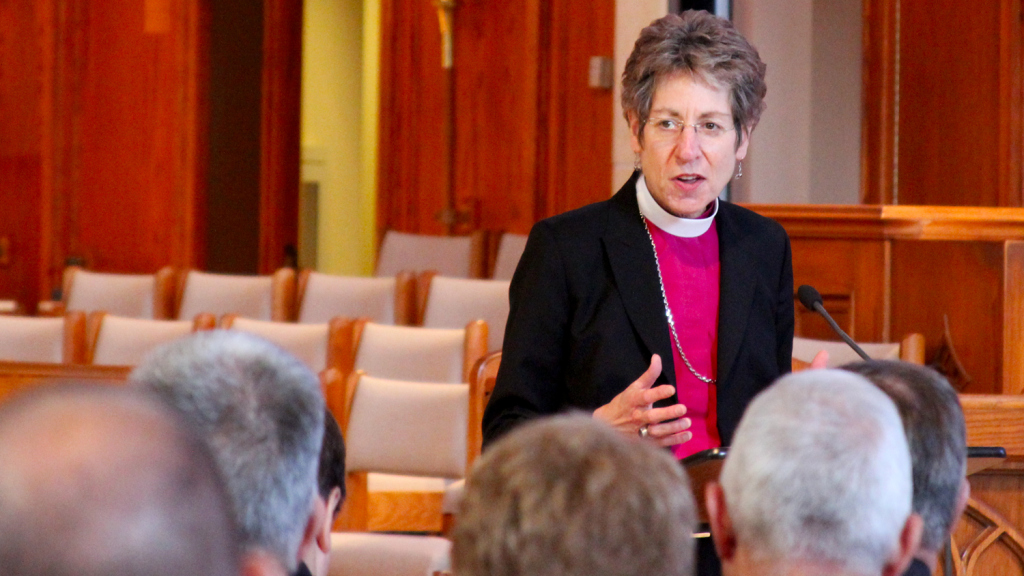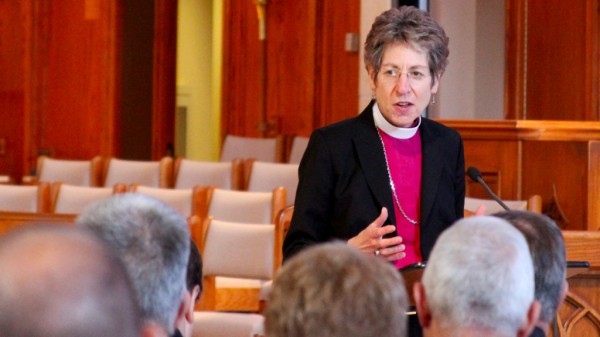
A Religious Case against Climate Change Denial: Episcopal Church Raises Awareness
- By Alison Lesley --
- 06 Apr 2015 --

Katharine Jefferts Schori, the current head of the Episcopal Church, recently said in an interview with The Guardian that denying climate change is both blind and immoral, as well as a rejection of God’s gift: knowledge.
A past Oceanographer, Katharine Jefferts Schori said that Episcopalians “understand the life of the mind as a gift of God and to deny the best of current knowledge is not using the gifts God has given you,” marking it as decidedly moral.
Jefferts Schori is perhaps one of the most powerful women in Christianity. She compared the climate change crisis to the civil rights movement, saying “it is in that sense much like the civil rights movement in this country were we are attending to the rights of all people and the rights of the earth to continue to be a flourishing place. It is certainly a moral issue in terms of the impacts on the poorest and most vulnerable around the world already.”
This is not the first time Jefferts Schori has discussed climate change. In 2013, she delivered a sermon on the topic at Trinity Church at Copley Square in Boston, MA.
Climate Change Crisis Forum
On March 24, 75 people gathered in the Campbell Hall Episcopal School located in Studio City, Los Angeles to attend a 90-minute panel hosted by the Domestic and Foreign Missionary Society and moderated by Fritz Coleman, a climatologist for KNBC 4 TV. The panelists were various figures, including Marc Andrus, the Diocese of California Bishop, Lucy Jones, Princess Daazhraii Johnson and Mary D. Nichols. The panelists focused on the way climate change impacted regions and the moral issues of climate change. Lucy Jones, a seismologist with the US Geological Survey, explained the signs that crop up before a climate change, such as extreme disasters, and Princess Daazhraii Johnson, of the Gwich’in Steering Committee, explained the effect it was having on her home in Alaska.
Any plans for Earth Day? Presiding Bishop sees climate change as moral issue for us. #EarthDay2015 #Episcopal #EDOM #LPDTF
— Bob Lotz (@ThumbRunner) April 3, 2015
30 Days of Action
The forum kicked off the start of the 30 days of action, which is filled with climate change themed activities, sermons, advocacy days, stories and bulletin inserts. The 30 days concludes on Earth day, which is April 22.




















